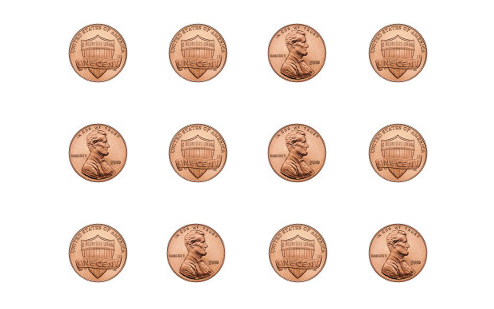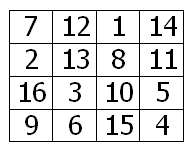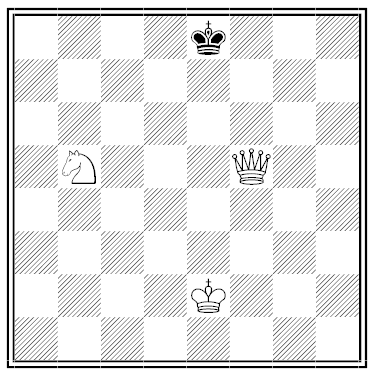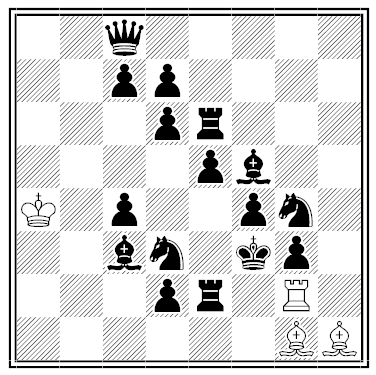Literary critic A.N. Wilson panned Bevis Hillier’s 1988 biography of John Betjeman. To get even, Hillier forged a love letter ostensibly written by Betjeman in 1944 and forwarded it to Wilson under the name Eve de Harben (an anagram for “Ever been had?”). Wilson took the bait and included the forged letter in his own biography of Betjeman, which was published in 2005.
Here’s the letter. It contains a hidden message — can you find it?
Darling Honor,
I loved yesterday. All day, I’ve thought of nothing else. No other love I’ve had means so much. Was it just an aberration on your part, or will you meet me at Mrs Holmes’s again — say on Saturday? I won’t be able to sleep until I have your answer.
Love has given me a miss for so long, and now this miracle has happened. Sex is a part of it, of course, but I have a Romaunt of the Rose feeling about it too. On Saturday we could have lunch at Fortt’s, then go back to Mrs. H’s. Never mind if you can’t make it then. I am free on Sunday too or Sunday week. Signal me tomorrow as to whether and when you can come.
Anthony Powell has written to me, and mentions you admiringly. Some of his comments about the Army are v funny. He’s somebody I’d like to know better when the war is over. I find his letters funnier than his books. Tinkerty-tonk, my darling. I pray I’ll hear from you tomorrow. If I don’t I’ll visit your office in a fake beard.
All love, JB
|
SelectClick for Answer |
The first letter of each sentence, beginning with the second, spells out “A.N. Wilson is a shit.”
|









